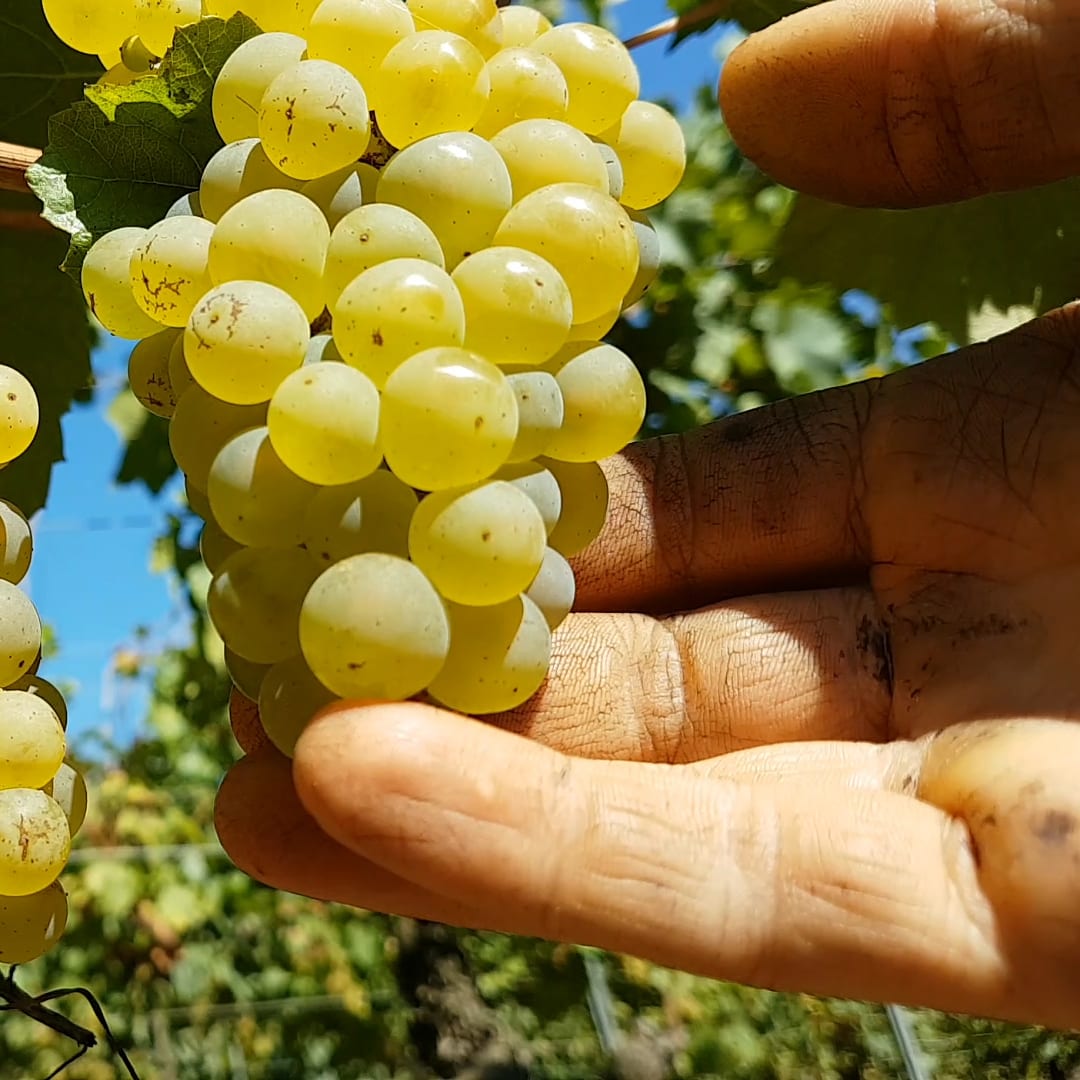- I Home
- II Who are we ?
- III Biodynamics
- IV Our Biodynamic wines
- V Our Vineyards
- VI Events and Press
- VII Contact

Rudolf Steiner 1961 - 1925
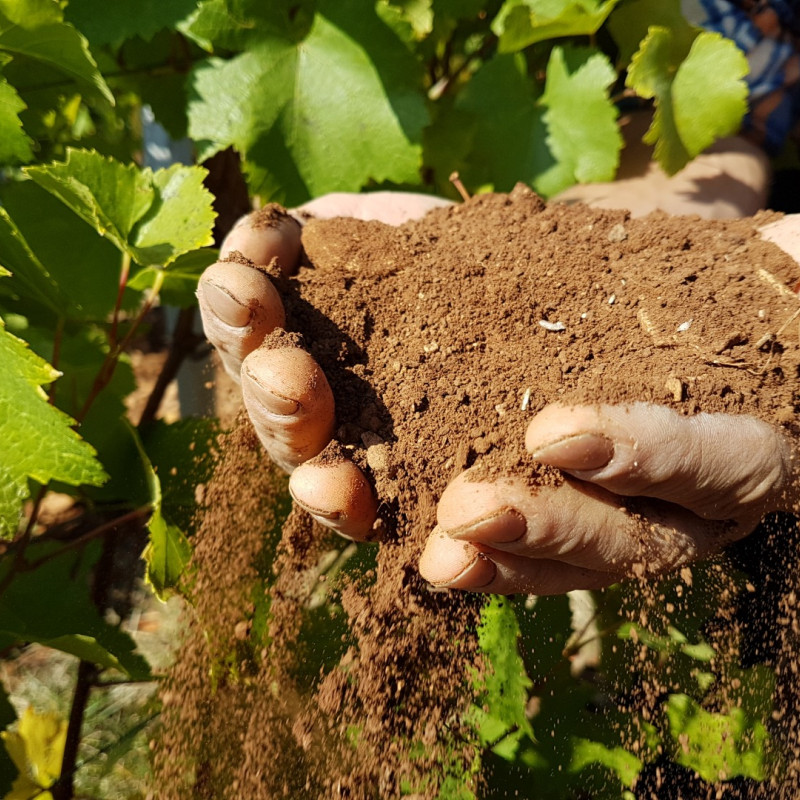

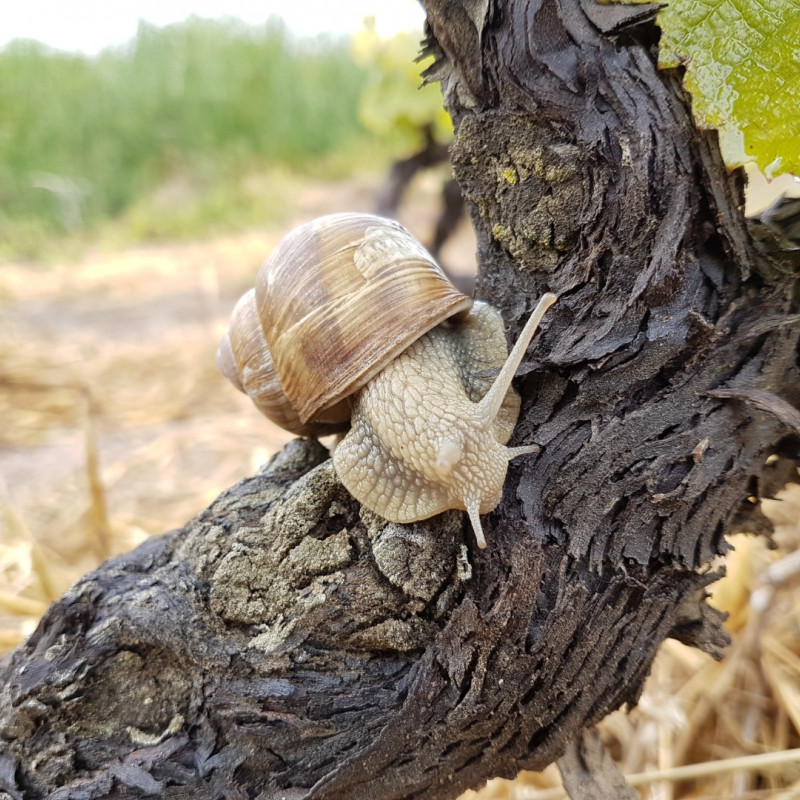
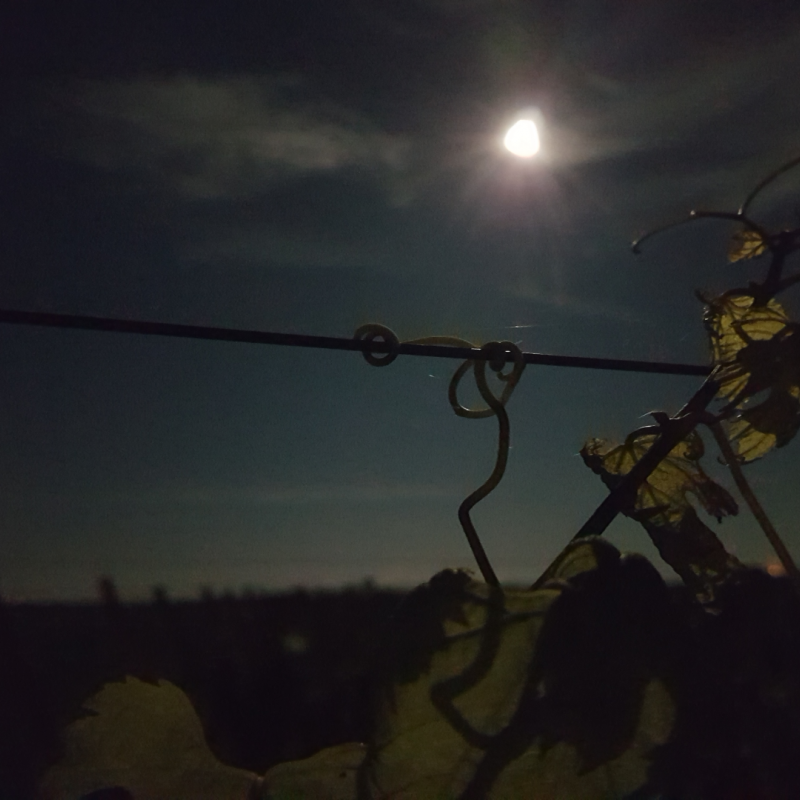
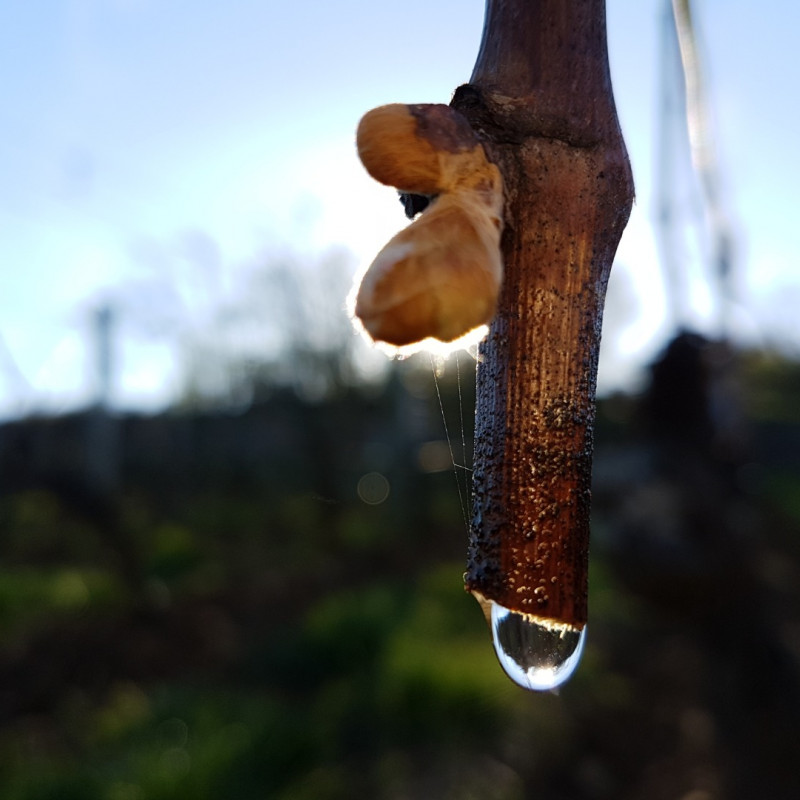
What exactly is biodynamics?
Biodynamic agriculture was created in 1924 by Austrian philosopher and scientist Rudolf Steiner, even then concerned about the obvious fall in the quality of foodstuffs and seeds on Earth.
This practice, based on respect for flora and fauna, aims at regenerating landscapes and preserving the fertility of soils so as to produce healthy, living food.
Biodynamic agriculture is based on an in-depth understanding of the laws of living things, acquired through a global, qualitative vision of Nature, taking account of the importance of the influence of cosmic rhythms on plant development. He regarded his farm like a self-contained living organism.
The specific feature of biodynamics lies in its use of “preparations” based on medicinal plants, quartz, and cow-pats, to invigorate the soil and treat the crops in a very gentle way. In a remarkable way, it reconnects the plants with their terrestrial and celestial environment. The use of chemicals is strictly forbidden.
Regarded as the “Rolls-Royce of Organic”, the effects of biodynamics on our environment and our health are extraordinary.
“The first thing you’re going to sense in a real wine is the human!
You’ll say ‘there’s someone there, this wine doesn’t go to your head, saying is there this, is there that?’!
This wine goes to your heart! You say “Here, I’m drinking someone, I’m drinking a place, I’m drinking a living organism that is expressing itself.” Nicolas Joly (wine-grower at La Coulée de Sérant)
Why grow using biodynamics?
In the face of the growing degeneration of the Earth and increasingly seriously ill people, which has been noted for around a century, biodynamics offers a concrete, constructive programme.
Only biodynamic agriculture can offer a genuine taste of the place, the famous terroir; i.e. a taste generated by the geology of the soil where the vine has grown and by the microclimate it enjoys, which weed killers and systemics make impossible.
Vineyards currently represent only 4% of France’s agricultural areas, but 20% of the chemicals used each year.
To preserve our environment, wine-growers’ mindsets must change — and biodynamics is the only alternative.
In other words, biodynamic agriculture is favourable to both the health of the Earth, and that of the consumer at the same time.
“Enlightened consumers are fans of these products, as they understand the benefits on a subtle, vibratory level.
Biodynamic agriculture is constantly seeking to promote life and health. It also offers a balance that makes the most of the terroir and improves the finesse and digestibility of the wines.” Rémy GRENET
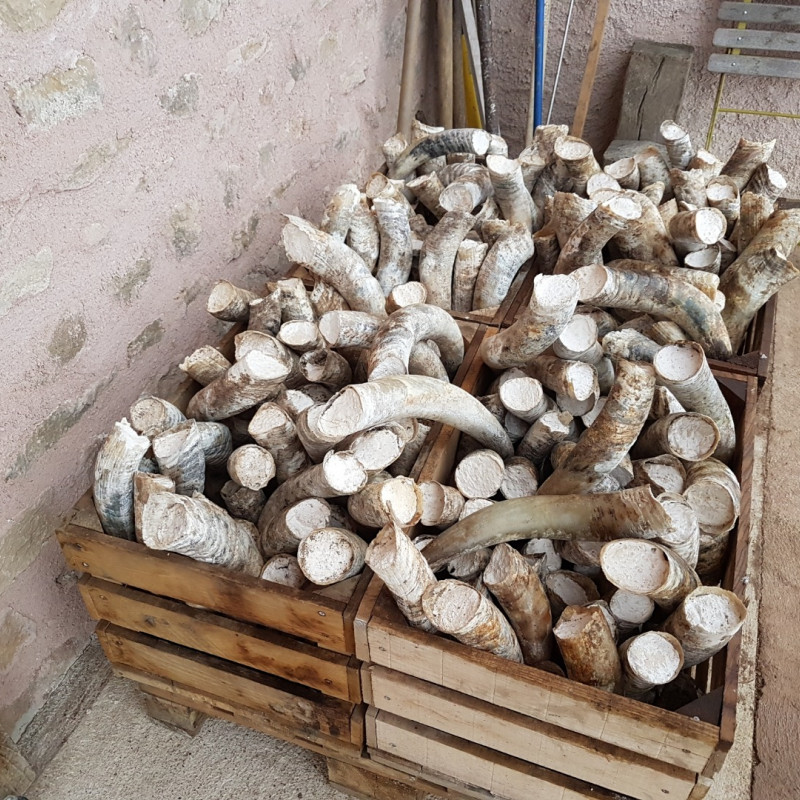
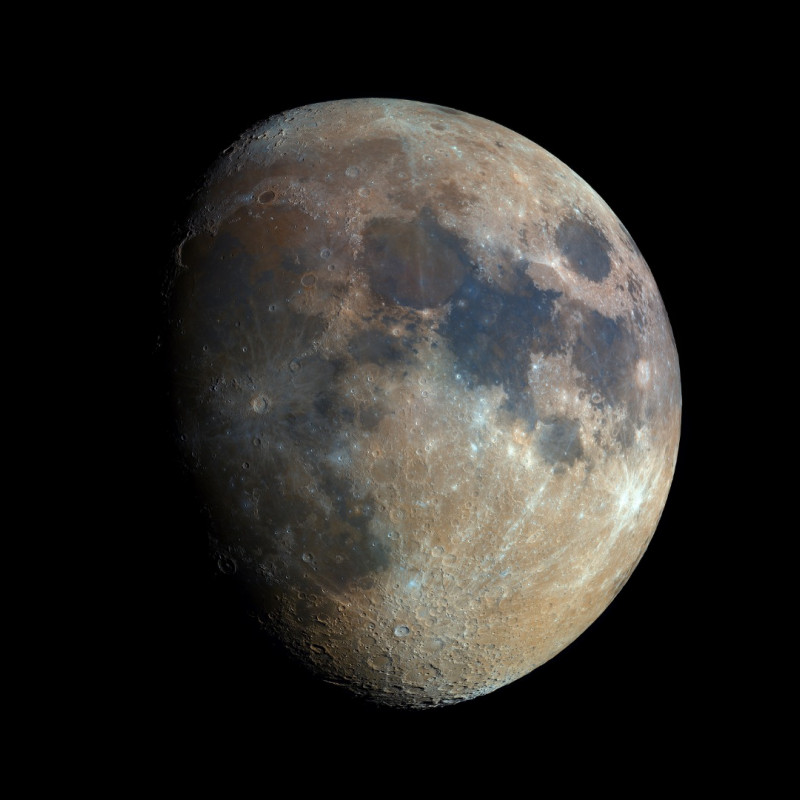
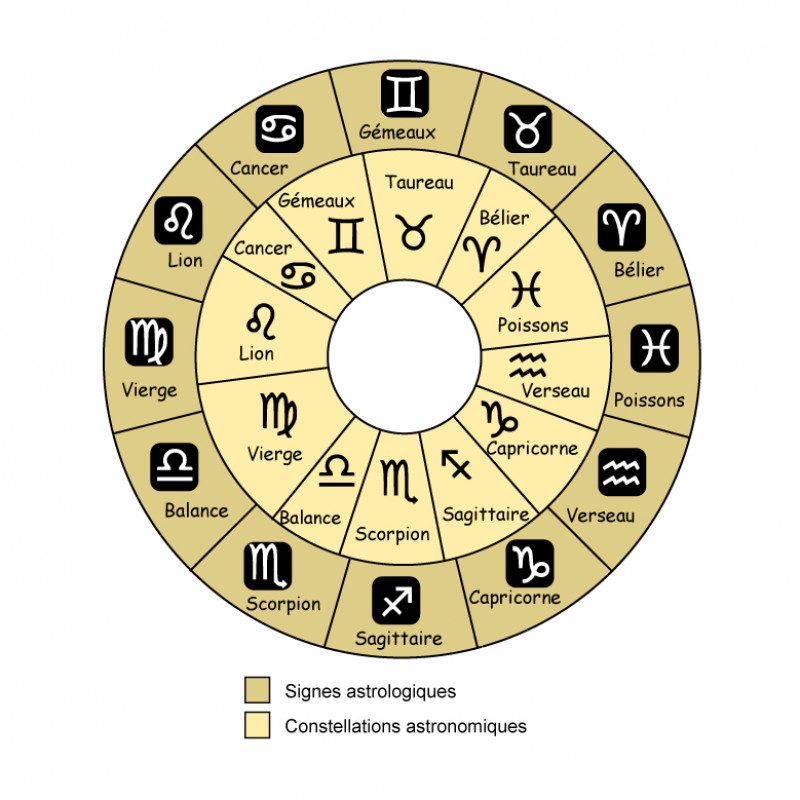
How to grow using biodynamics
Biodynamics is different in its application of esoteric and astrological principles, such as the influence of the Moon and planets on crops and the use of biodynamic preparations like 500 or 501 that capture the cosmo-telluric energies in the cows’ horns buried in the soil.
These 8 preparations regenerate and stimulate the soil’s organic functions, remarkably improving the connection between the plant and the cosmos through photosynthesis. Thus chemicals are replaced by these preparations based on medicinal plants, horn cow-pats and horns of silica.
These preparations will be energized or used as compost on the vine.
In the faced of the growing degeneration of the Earth and increasingly seriously ill people, which has been noted for around a century and today is taking on more than worrying proportions, Steiner biodynamics offers a concrete, constructive programme to face up to the various problems we are now encountering.
“Personally, I’ve already noticed obvious differences between conventional and even organic wines and biodynamic wines. Biodynamic wines very readily tolerate long periods in a carafe, 5 days and longer, even becoming better! These wines talk to you, grab you, move you. Their intensity is decidedly superior, combined with exceptional purity, balance, and length. Not to mention the fact that biodynamic wines have no pesticide residues in the glass, and likewise in our bodies — for remember, these are seriously harmful for our health.” Rémy GRENET
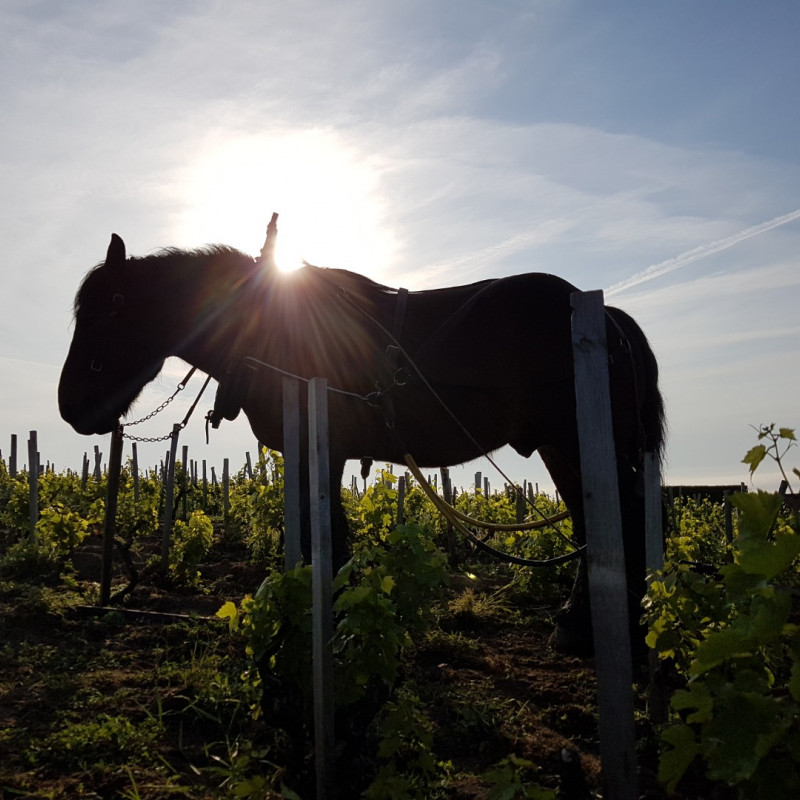
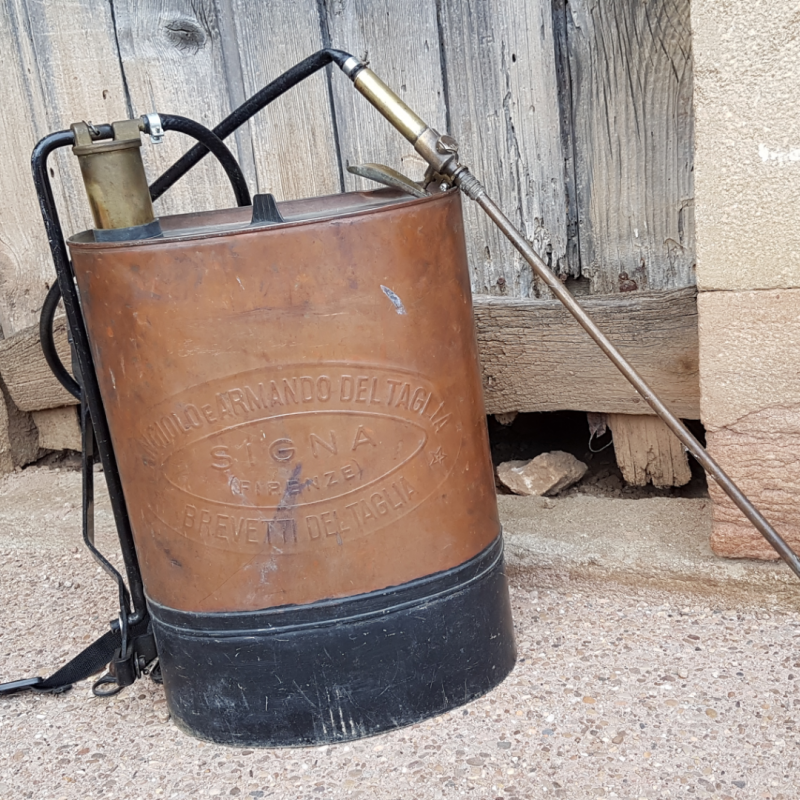
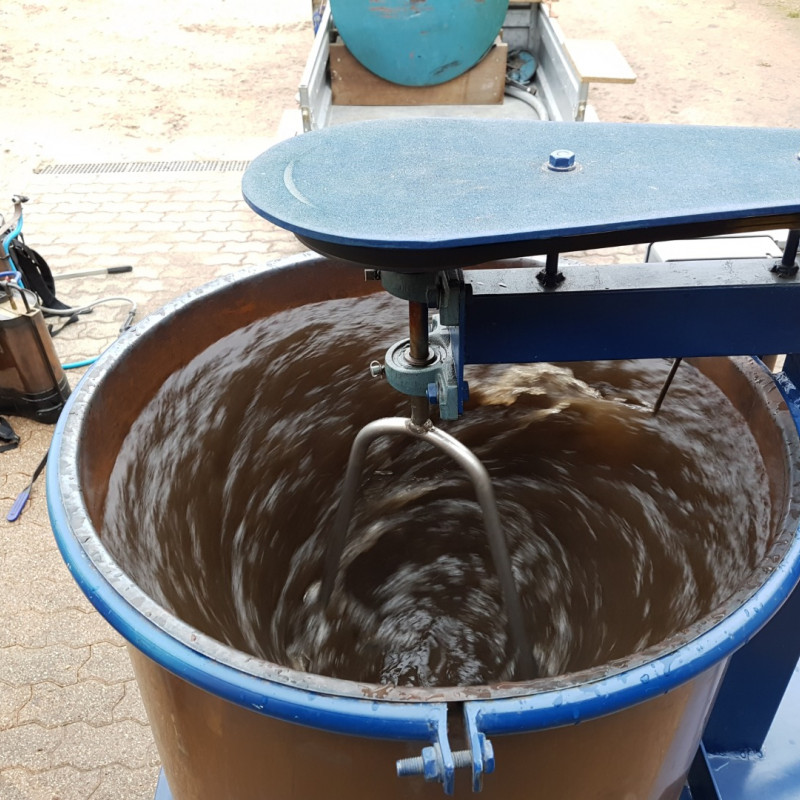
Miraculous preparations
Nature is nowadays so damaged that it is no longer able to heal itself — it is necessary to give the soil back its fecund vitality, vital for the health of plants, animals, and humans, through very important therapeutic processes.
Through all our modern conveniences (satellite, mobile phones, satnav, Wi-Fi, etc.), we are weakening a world full of energy, the source of all life.
Captive, plants struggle to capture the subtleties of life in order to establish the photosynthesis that is vital to their survival.
In general, the aim of these biodynamic preparations is to restore, stimulate, and enrich the organic life in the environment where the vines are growing.
Let’s say they act as a relay (as a mobile phone might do), fostering the connection between these two worlds, terrestrial and celestial.
These various natural processes considerably improve the natural exchanges between the soil and the roots on the one hand, and between the sky and the leaves on the other.
Better capturing this intangible world, the plants can breathe, ensuring for them better growth, resistance, and vitality.
And not forgetting that these therapeutic processes dramatically improve the exceptional quality of the wines.
It’s up to you, but just because science has no clear, rational, and universally-accepted explanation for a phenomenon doesn’t mean it can’t exist. Otherwise, there would be no gravity, nor light, nor electromagnetism, nor life!
At a time when climate disruption has reached its critical threshold, drinking biodynamic wines contributes to saving our environment.
Biodynamic certifications
Demeter and Biodyvin are the only two quality marks that certify that a wine comes from biodynamic agriculture and that the wine-grower has complied with a set of very strict specifications.
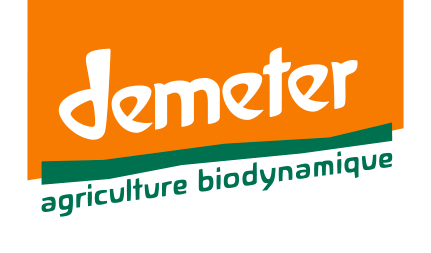
Created in 1928, the Demeter quality mark, certified by Ecocert, guarantees production from biodynamic agriculture. A pioneer in this field, it covers a large number of food products worldwide.
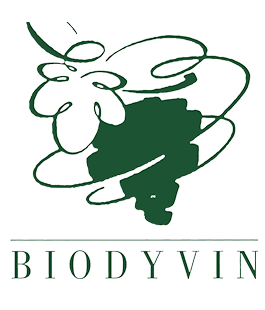
The Biodyvin quality mark, certified by Ecocert, was created in 1996 by a small group of biodynamic wine-growers, the Syndicat international des vignerons en culture biodynamique (SIVCBD) [international syndicate of biodynamic wine-growers]. It certifies only wine products made from biodynamic grapes.


